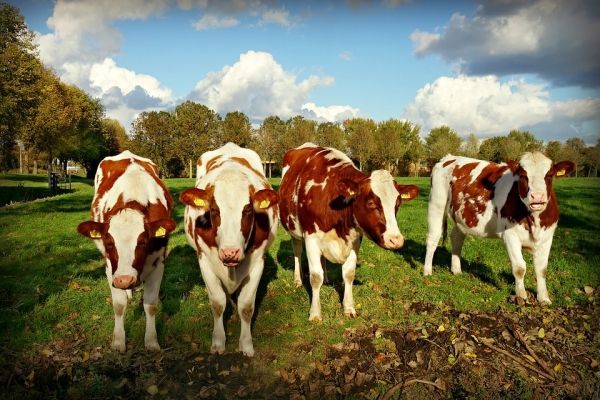Scientists at the University of Surrey have developed a novel vaccine and complementary skin test to protect cattle against bovine tuberculosis (bovine TB).
Publishing their findings in the journal Scientific Reports, researchers reveal they have for the first time created a vaccine that is compatible with a synthetic form of the tuberculin skin test (PPD), a legally required test used for the surveillance of TB in cattle throughout the UK.
Bovine TB is an infectious disease in cattle affecting their lungs, and those that test positive for the disease are culled. The BCG vaccine, which is currently used to protect humans against TB and is effective in cattle, is incompatible with the PPD test. Cattle that are vaccinated with the BCG vaccine, which contains a harmless strain of the bovine TB pathogen Mycobacterium bovis, produce a positive PPD test for TB making it impossible to distinguish, with the PPD skin test, if the animal has TB or has simply been vaccinated. Vaccinating cows with BCG is therefore banned in most countries in the world, enabling vets to continue to use the PPD skin test to diagnose the disease in cattle.
During this innovative study, researchers sought to make a new BCG vaccine strain that lacks some of the proteins that are shared with the pathogen Mycobacterium bovis by identifying genes that contain encoded immunogenic proteins that could be removed from BCG without affecting its ability to work as a live vaccine. To do this, a collection of BCG strains that had each lost a single gene were injected into cows and survival rates measured. This allowed the team to identify genes that could be removed without compromising the BCG vaccine’s effectiveness.
Read more at University of Surrey
Photo credit: MabelAmber via Pixabay


